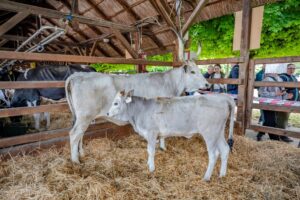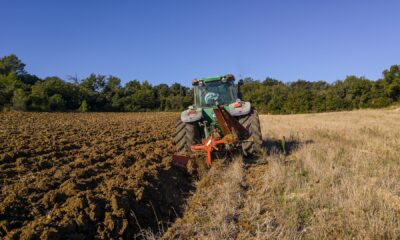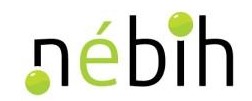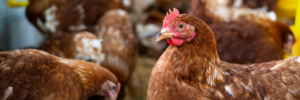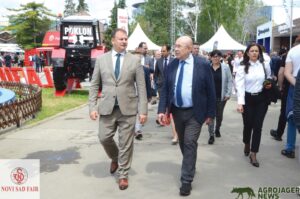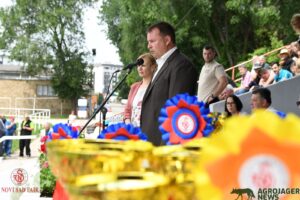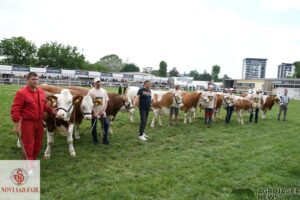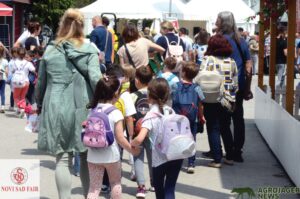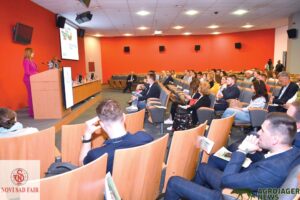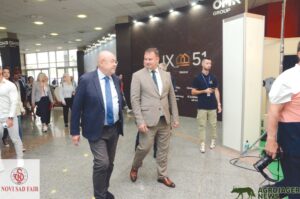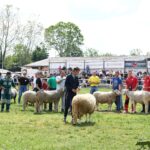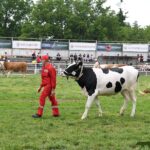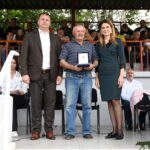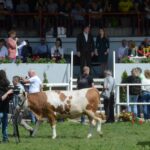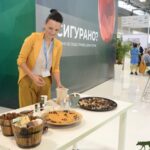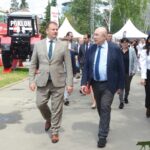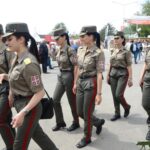Sándor Farkas said at the opening of the 30th Great Plain Animal Breeding and Farming Days that the challenges of the past years contributed to the strategic idea that the government must continue the agricultural policy that has been started even more decisively.
The state secretary explained: Among the most important long-term goals is the establishment of a profitable agricultural production based on 21st century technologies, and the creation of an internationally competitive food industry based on this.

With the adoption of the strategic plan of the Hungarian common agricultural policy (KAP), more than HUF 5,300 billion in resources are available for these goals until 2027. With this, it is possible to increase the agricultural production capacity by one and a half times and to develop the technologies – emphasized the state secretary.
Sándor Farkas drew attention to the fact that in order to achieve the goals, the Ministry of Agriculture organizes the tasks of the next period along four pillars. The pillar of economic development includes areas affecting the economic sustainability of agriculture and the food industry, the main goal of which is to increase competitiveness. The quality food pillar guarantees a healthier and more sustainable consumption of the security of food self-sufficiency. The goal of the green future pillar is to develop environmentally friendly farming that adapts to climate change. The renewable countryside pillar designates two directions: the development of rural settlements and generational renewal in farming.
The state secretary reminded that starting from 2021, the government will provide 80 percent of national additional funds to the European Union’s rural development funds. In the past two years, a total of 2,500 subsidized projects and almost HUF 430 billion in awarded subsidies served the competitiveness of livestock farmers, he detailed.
This year, “unprecedented amounts of budget funding” are available for rural development purposes, almost HUF 750 billion, the politician emphasized.
Gábor Antal, CEO of the organizer Hód-Mezőgazda Zrt., explained in his speech: more than five hundred exhibitors from more than twenty countries came to Hódmezővásárhely.
A new feature of this year’s exhibition is the learning trail program of Hód-Mezőgazda Zrt. and its consortium partners, where, after registration, recognized and experienced professionals will present the farmers with the innovations related to the cultivation of fodder crops and the production of quality fodder.
Source: AM Press office



